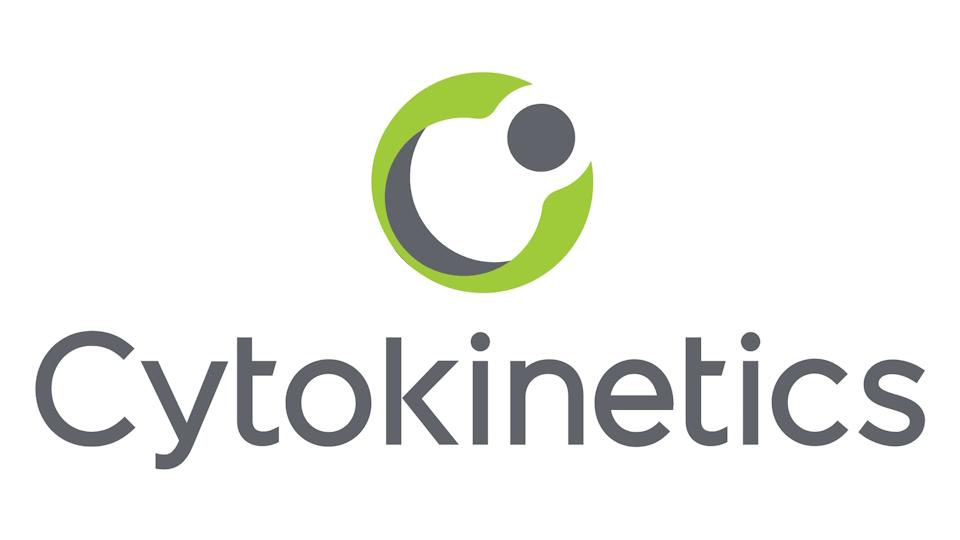Cytokinetics eyes go-it-alone strategy for aficamten

Cytokinetics has been a top biotech takeover candidate for some time, thanks to blockbuster speculation about its lead drug aficamten, but a $1 billion-plus set of financing deals shows it is prepared to go to market on its own.
The South San Francisco biotech has reached a deal with Royalty Pharma to give it a royalty interest in future sales of aficamten, raising $575 million including $250 million on closing, and it has also separately announced plans for a $500 million stock offering.
In a statement, Cytokinetics said that part of the Royalty Pharma cash will go towards the commercial launch of cardiac myosin inhibitor aficamten, which is being prepared for filing in the US and Europe later this year after showing efficacy in a phase 3 trial in hypertrophic cardiomyopathy (HCM).
If approved, it will compete with Bristol-Myers Squibb’s first-to-market Camzyos (mavacamten), currently the only FDA-approved treatment for HCM.
Analysts have suggested aficamten could have a superior clinical profile to BMS’ drug, leading to speculation it could become a $3 billion-a-year product and drawing takeover interest from larger companies, reportedly including Novartis, Amgen, and AstraZeneca.
It seems that shareholders in Cytokinetics would have preferred a buyout, as shares in the company lost more than 17% of their value after the financing plans were announced.
In its update, Cytokinetics said it will use $50 million of the Royalty Pharma money to fund the launch of aficamten and has an opportunity to draw down another $175 million, if needed, in the following 12 months.
In return for the near-term funding, Royalty Pharma will earn royalties of 4.5% on annual net sales of aficamten up to $5 billion and 1% above that threshold.
Cytokinetics will also get $100 million to fund a confirmatory phase 3 trial of another cardiac myosin inhibitor, omecamtiv mecarbil, in patients with heart failure and reduced ejection fraction (HFrEF).
The FDA rejected its first marketing application for HFrEF a year ago on the advice of its expert advisors, who concluded that efficacy data filed in support of the drug was lacking. Cytokinetics had previously indicated it was not prepared to fund another study of the drug, so the decision to restart the programme came as a surprise, adding risk that may also have rattled investors.
Royalty Pharma is also taking part in the private placement, investing $50 million, and is in line for possible payments on sales of omecamtiv mecarbil and follow-up cardiac myosin inhibitor CK-586, in development for heart failure and preserved ejection fraction (HFpEF), if they make it to market.
Cytokinetics' chief executive, Robert Blum, said the new deal with Royalty Pharma “reinforces our shared conviction in the value of our cardiac myosin-focused pipeline of drug candidates.”












